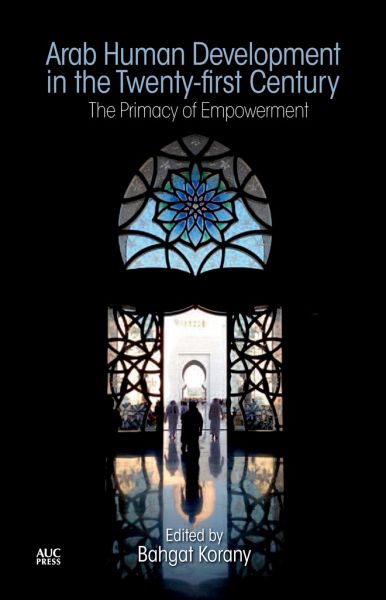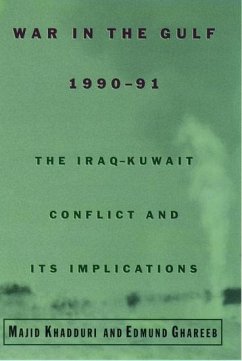Nicht lieferbar

Arab Human Development in the Twenty-First Century
The Primacy of Empowerment
Herausgeber: Korany, Bahgat
Versandkostenfrei!
Nicht lieferbar
Weitere Ausgaben:
With its emphasis on the primacy of change, this study arrives at a particularly auspicious moment, as the Middle East continues to be convulsed by the greatest upheavals in generations, which have come to be known as the Arab Spring. Originally prepared as the tenth-anniversary volume of the UNDP's Arab Human Development Report, Arab Human Development in the Twenty-firstCentury places empowerment at the center of human development in the Arab world, viewing it not only from the vantage point of a more equitable distribution of economic resources but also of fundamental legal, educational, and political reform. The ten chapters in this book follow closely this political economy framework. They look back at what Arab countries have achieved since the early 2000s and forward to what remains to be done to reach full development. Supported by a wealth of statistical material, they cover the rule of law, the evolution of media, the persistence of corruption, the draining of resources through armed conflict, the dominance and increase of poverty, the environment, and religious education. The concluding chapter attempts an inventory of the world literature and different experiences on democratic transition to explore where the region could be heading.This critical and timely study is indispensable reading to development specialists and to Middle East scholars and students alike, as well as to anyone with an interest in the future trajectory of the region.













